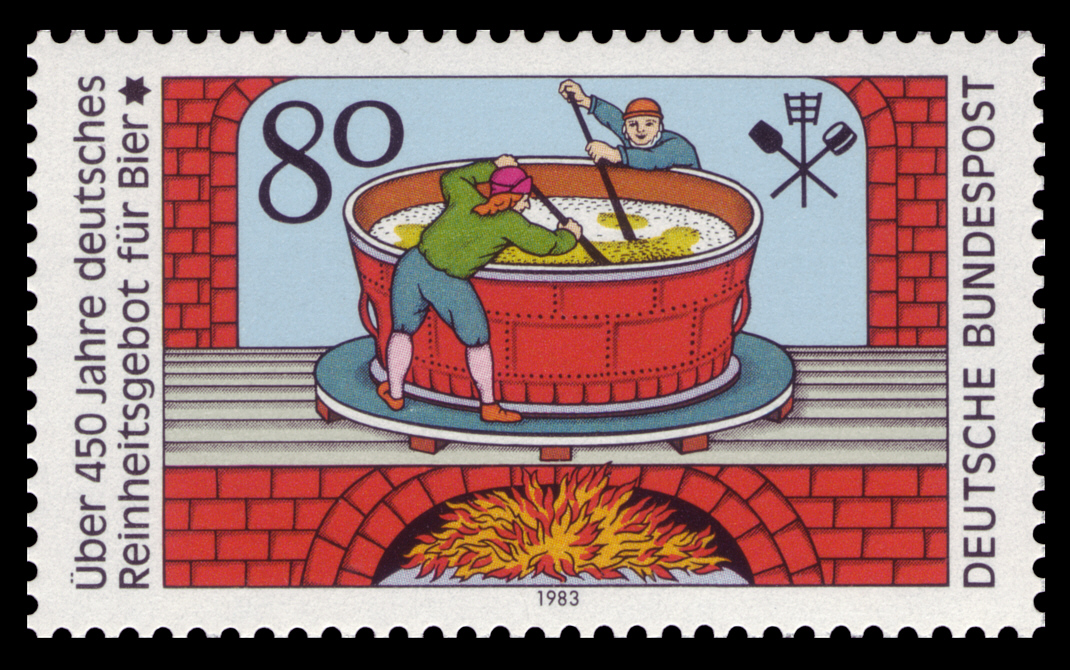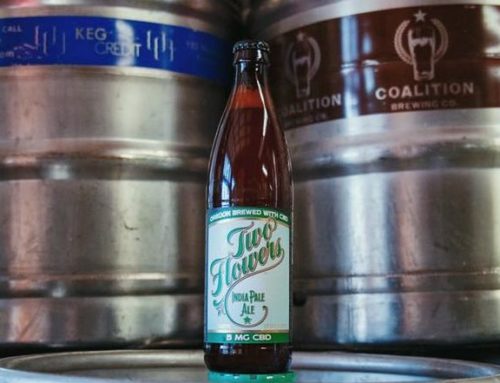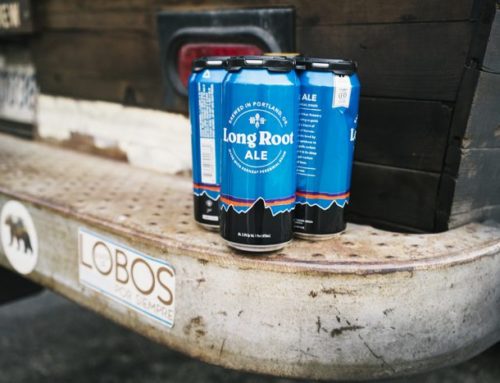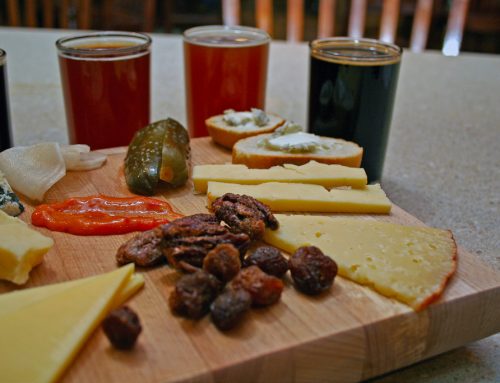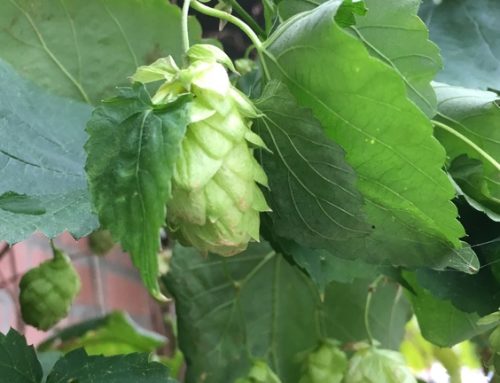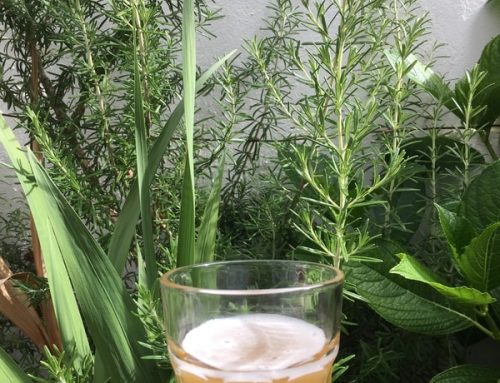Beer was once (and may even still be) considered a staple in many German diets. At one point, beer was considered so important that the Reinheitsgebot, or the beer purity law, was issued. This law still dominates beer-making in Germany, in great contrast to the opacity surrounding beer ingredients in the US.
What is the Reinheitsgebot?
The Bavarian dukes Wilhelm IV and Ludwig X issued the Reinheitsgebot on April 23, 1516. The Reinheitsgebot was a beer purity law that limited the ingredients in German beer to barley, water, and hops.
Although other items were later added, the list of acceptable ingredients remained small. For instance, because their roles in the fermentation process were discovered after the passage of the law, yeast and then sugar were added to the list.
The Reinheitsgebot just celebrated its quincentennial, or 500th anniversary. While the law was technically repealed in 1987, it still has a huge impact on German beer today.
Is the Reinheitsgebot Out-Dated?
With the arrival of craft beer, German beers are facing a type of competition they’ve never seen before. Craft beer breweries are pushing the envelope in terms of unique ingredients and tastes, while German beer has remained relatively unchanged for hundreds of years.
The founder of Stone Brewing, Greg Koch, who’s San Deigo-based company recently opened a large brewery near Berlin, likens the relationship to classical music and rock and roll. While the Reinheitsgebot may have been imperative to prevent dangerous substances from being added to beers 500 years ago, Koch now considers the law too limiting.
However, given that carcinogenic additives are used in many beers today, these ancient guidelines seem to still have some relevance. Today, to maintain a quality product, many craft brewers in the US respect the Reinheitsgebot by limiting the ingredients in their beers.
Why Many German Brewers Still Respect the Law
Greatly regulating the ingredients allowed in beer has forced German brewers to perfect their techniques and final product. Even though critics lament that the Reinheitsgebot limits what brewers can do with craft beer, others are thankful for where the law has steered German beer.
For example, many German beer makers credit the Reinheitsgebot for elevating brewing into an art form. In fact, there are many German brewers that continue to follow the purity law.
All six breweries permitted to sell beer at the Munich Oktoberfest (Augustiner, Hacker Pschorr, Hofbräu, Löwenbräu, Paulaner, and Spaten) still follow the Reinheitsgebot. The law continues to set famous German beers apart from other international beers.
Most German breweries continue to adhere to the centuries-old tradition of following the beer purity law. In the end, German beer makers have perfected their product and a little competition from new craft breweries isn’t going to change that.

